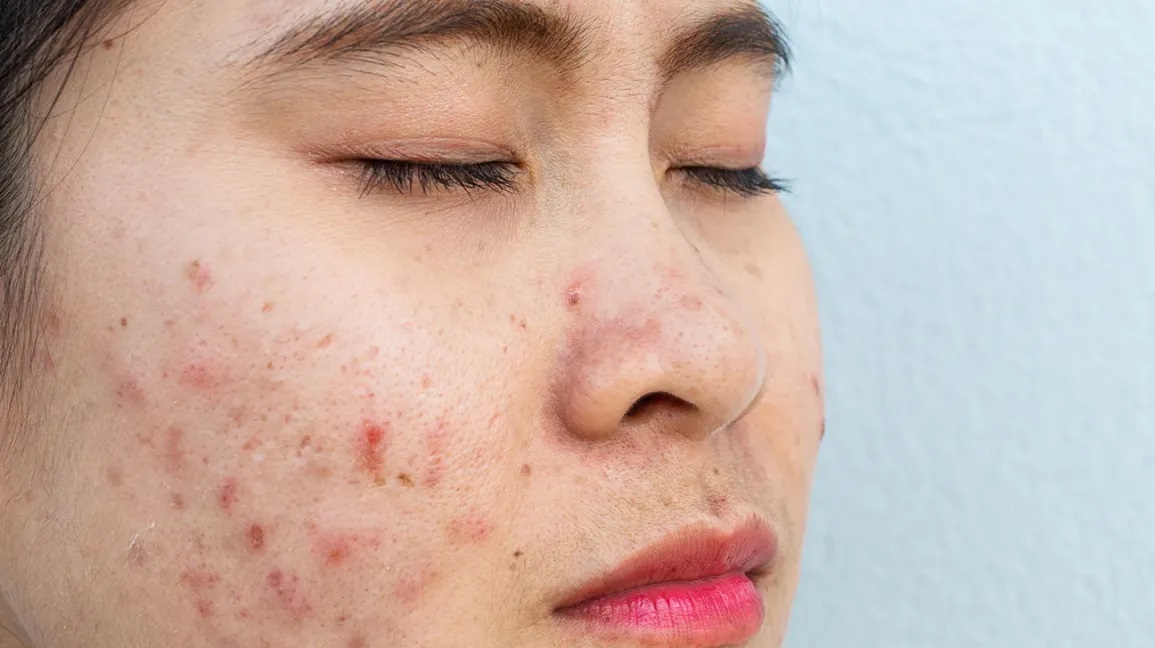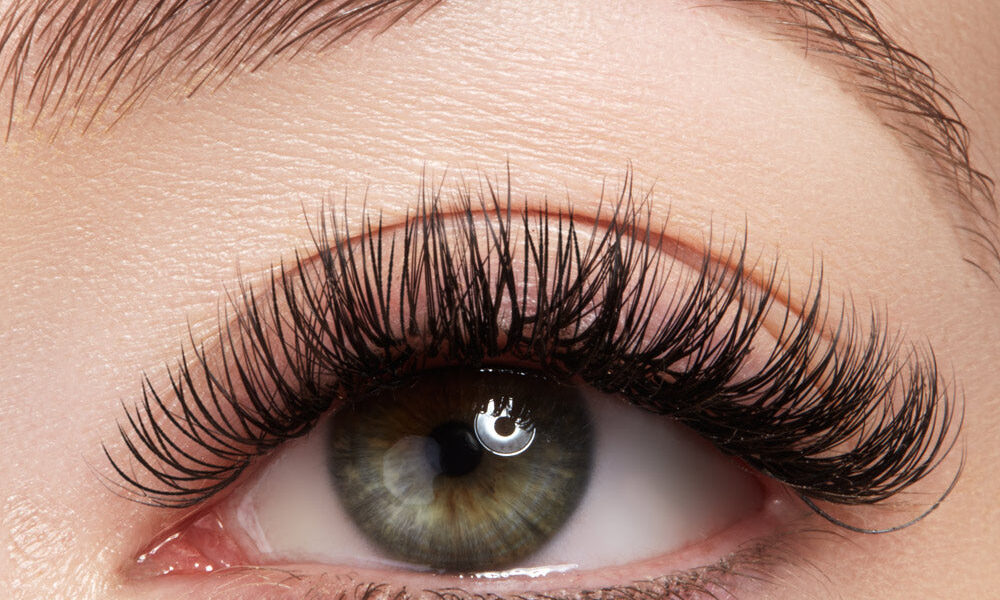Living with a chronic skin condition can be challenging and often requires a deeper understanding of the symptoms and available solutions. Chronic skin conditions such as eczema, psoriasis, and rosacea can significantly impact one’s quality of life, causing discomfort and affecting self-esteem.
In this article, we will take a closer look at these common chronic skin conditions, and explore their symptoms, triggers, and available treatment options. By gaining a better understanding of these conditions, individuals can take proactive steps toward managing their symptoms and finding relief.
Eczema: The Itchy Inflammatory Skin Condition
Eczema is a chronic inflammatory skin condition characterized by dry, itchy, and inflamed skin. Common symptoms of eczema include red patches on the skin, intense itching, and dryness. It can also cause scaling and cracking of the skin. Eczema is a common condition, affecting 10-20% of children and 1-3% of adults in the United States.
Treatment for eczema varies depending on the individual. Many cases of mild to moderate eczema can be managed with over-the-counter lotions or creams. For more severe cases, a dermatologist may prescribe a stronger cream or ointment to reduce inflammation and itchiness. With the right treatment plan, individuals can find relief from their eczema symptoms.
Psoriasis: The Overactive Immune System
Psoriasis is an autoimmune disease that causes the rapid buildup of skin cells, resulting in thick, scaly patches on the skin’s surface. These patches, which are known as plaques, can be itchy and uncomfortable. In addition to redness and scaling of the skin, psoriasis can also cause burning or soreness in affected areas. According to the American Academy fo Dermatology, approximately 7.5 million Americans suffer from psoriasis.
Psoriasis is treated with a combination of topical creams, oral medications, and light therapy. In some cases, phototherapy can help reduce inflammation in the skin and lessen symptoms. Eating a healthy diet and avoiding triggers such as stress and smoking can also be helpful in managing psoriasis.
Rosacea: The Chronic Facial Redness
Rosacea is a chronic skin condition characterized by persistent facial redness, visible blood vessels, and in some cases, acne-like breakouts. It is most common among people aged 30-50 and affects more women than men. Rosacea can cause burning, stinging, and dryness of the skin.
Treatment for rosacea focuses on reducing inflammation and calming the skin. Topical creams and antibiotics are commonly prescribed to treat this condition. Laser treatments can also be used to reduce the appearance of blood vessels and redness. Additionally, avoiding known triggers such as alcohol, spicy foods, and certain skin care products can help prevent flare-ups.
Seeking Professional Help
If you have a chronic skin condition, it is important to seek professional help from a dermatologist or other healthcare provider. They can evaluate your symptoms and develop an individualized treatment plan that is tailored to your specific needs.
Aside from medical treatment, there are also a variety of self-care steps that can be taken to manage chronic skin conditions. These include using mild soaps and moisturizers, avoiding known triggers such as stress and hot showers, and eating a healthy diet.
Lifestyle changes such as reducing stress, avoiding known triggers, and exercising regularly can also be beneficial for managing skin conditions. By gaining a better understanding of these conditions, individuals can take proactive steps toward managing their symptoms and finding relief.
If you are struggling with a chronic skin condition or need help developing an individualized treatment plan, talk to your healthcare provider. They can help you find relief and improve your quality of life.
Furthermore, it may be helpful to join a support group or online community for those living with chronic skin conditions. You can connect with others who understand what you’re going through and offer advice on how to manage your condition. Additionally, there are also many online resources and helpful articles available that can provide more information on managing chronic skin conditions.
Living with a chronic skin condition can be difficult, but with the right treatment plan and lifestyle changes, individuals can find relief from their symptoms and improve their quality of life.









Comments